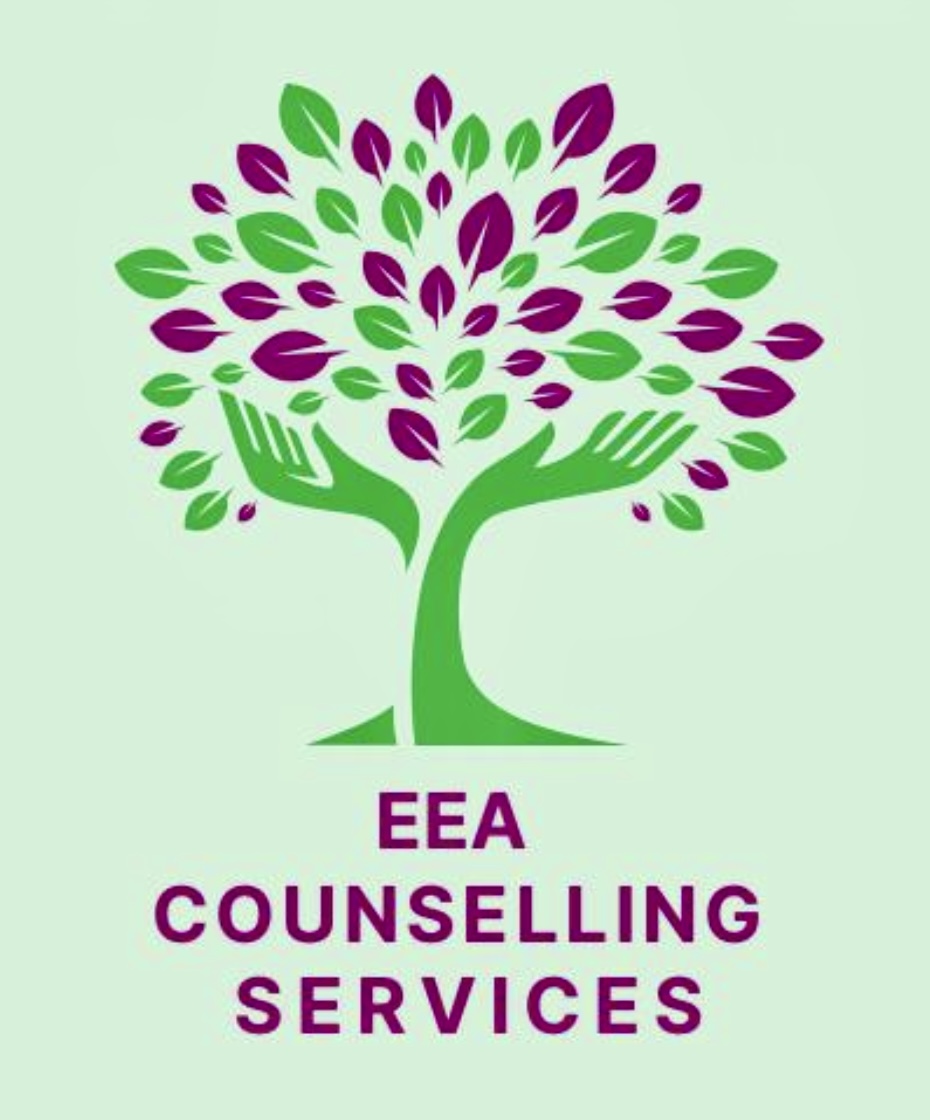When people come to me for counselling and psychotherapy in Havering or online, they will speak about struggling with issues like depression, anxiety, low self-esteem, or addiction. The problems affect them on a daily basis, in the present moment, but actually originate from childhood experiences. Even if you had a reasonably peaceful childhood with loving parents, there would have been moments of stress, or perhaps neglect, and such events shape how we think, feel, react, and behave as adults.
But how, you might ask, does this happen exactly?
From the moment we are in the uterus to the age of about three years old, the circuitry of our brain develops to 80% of its full potential - while on a physical level we are only 50% grown by this point. Of course, due to the brain’s plasticity, this circuitry can change, but the experiences during this period are particularly important because they are happening at the same time that the brain is developing. In other words, they become ingrained into our patterns of thinking.
A good example is neglect. Most of us did not have overtly abusive childhoods, but a high number did have parents who were stressed, anxious, depressed, busy, and not emotionally attuned with our needs as infants. When this is the case, we get the message that we are not wanted - that we shouldn’t bother our parents with our needs, because they already have too much stress as it is.
As a result, we learn, as young children, to suppress our feelings, wants, and needs. And this continues into adulthood. We become one of those ‘yes people’ - individuals who can’t stand up for themselves, can’t say no, and can’t even make decisions for themselves, going along, instead, with the preferred direction of other more forceful characters. Suppressing your needs in this way over a prolonged period of time will, along with being a risk factor for chronic illness, potentially lead to mental health issues - particularly depression.
Depression, after all, contains the word ‘depress’, which means to push something down. If we learned to push down our feelings as children due to being in a stressful household with time-poor parents, we continue to push these feelings down in later life, and eventually it spills into depression, where we feel numb and unmotivated.
There are, of course, many other examples of childhood experiences shaping adult behaviour and mental health. More overt abuse, for instance, will cause a child to tune out, to dissociate, meaning they become disconnected from themselves and, as adults, sink into maladaptive behaviours such as substance abuse as a way of restoring that connection they lost as children.
No matter what mental health issue you are going through, however big or small, chances are it takes its root in childhood. If you are interested to know more about the role early experiences play in your daily life, I offer personalised counselling and psychotherapy in Havering or online that gives you a space to explore these feelings and see where they come from. Feel free to get in touch with me at any time.
